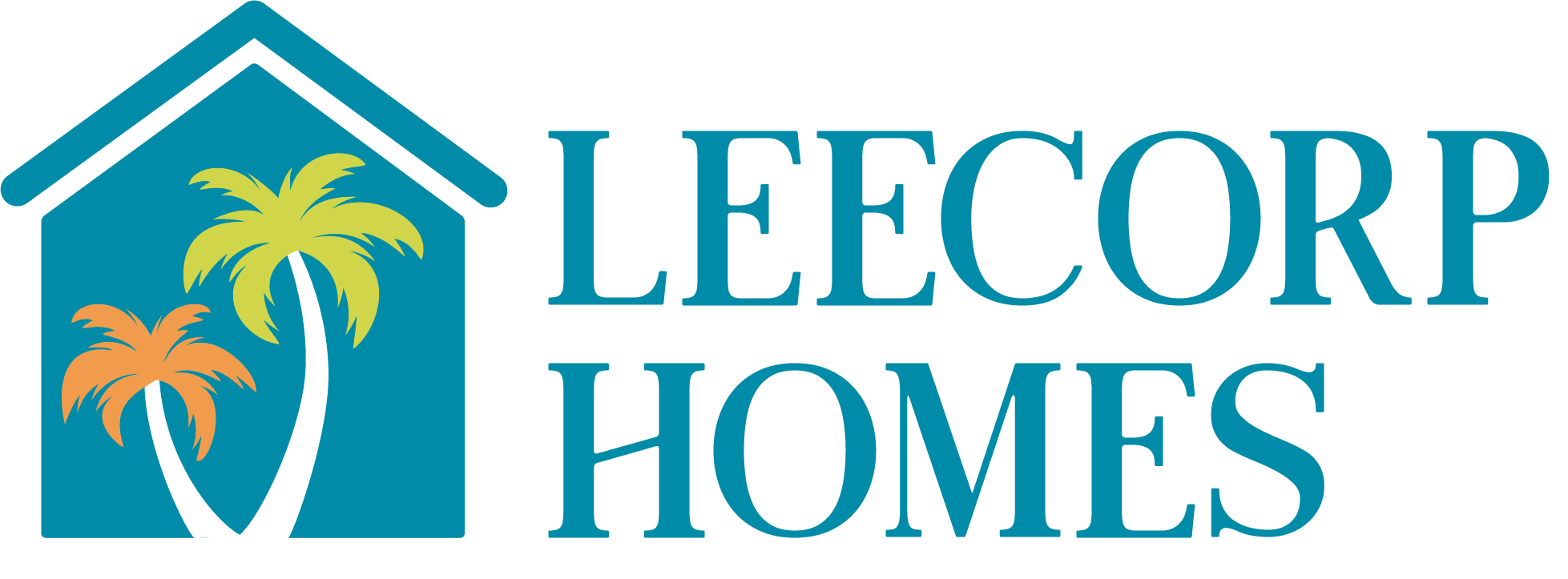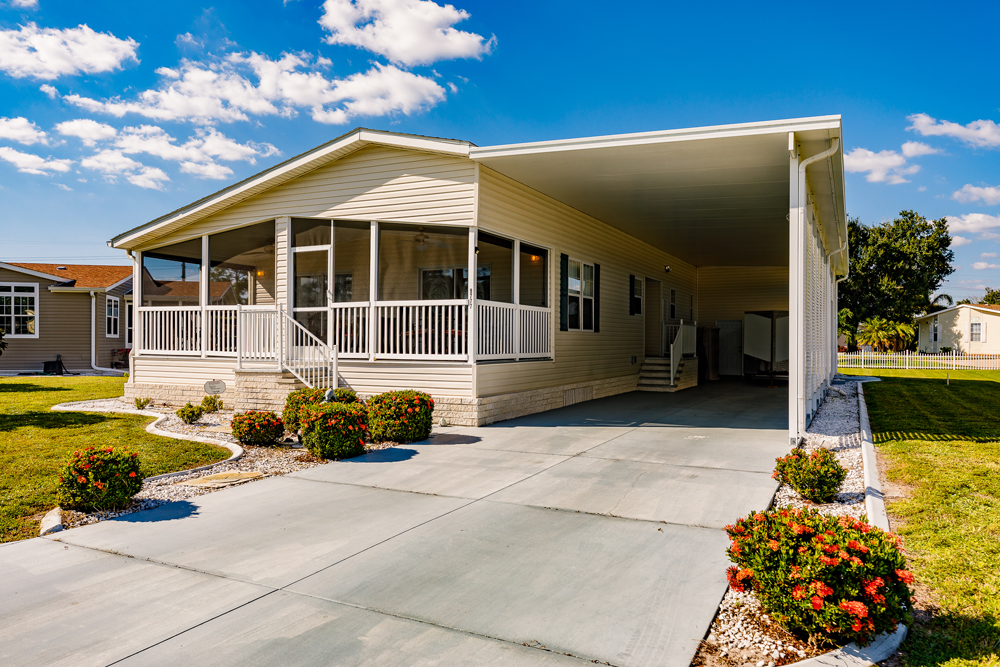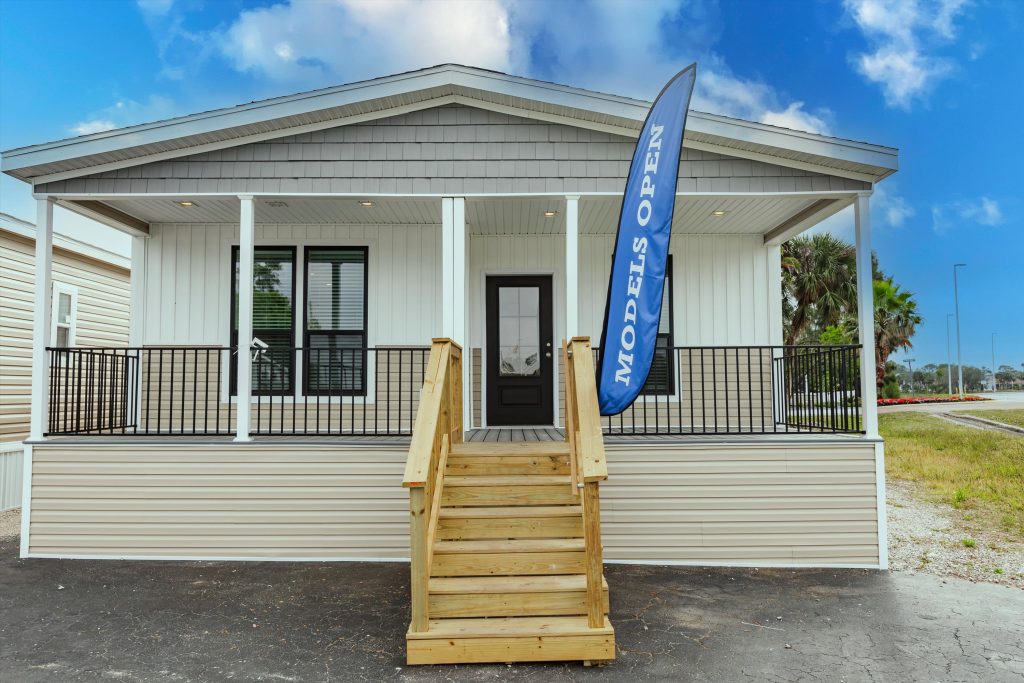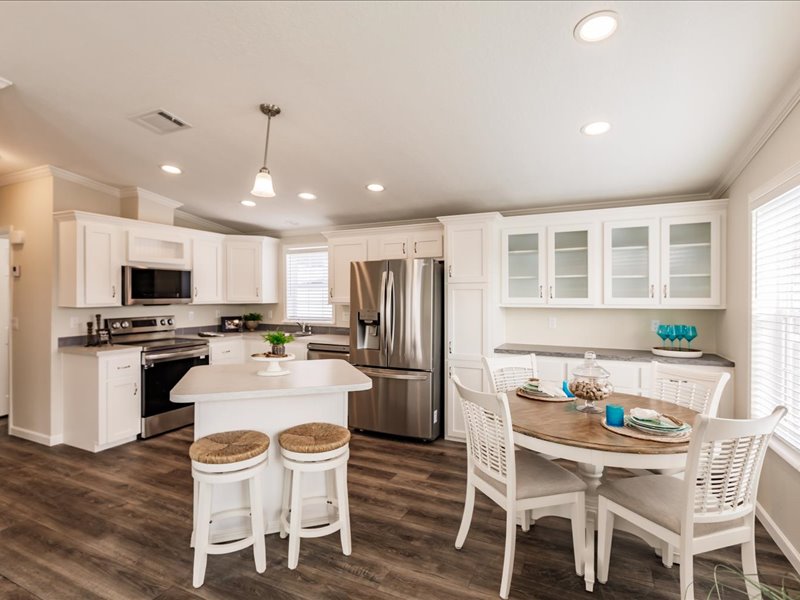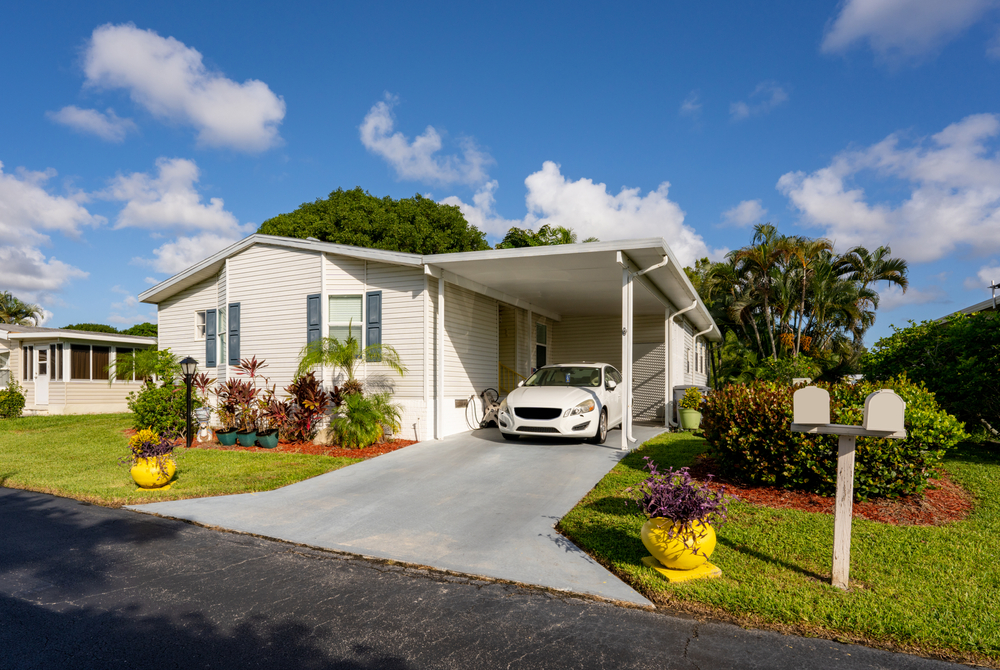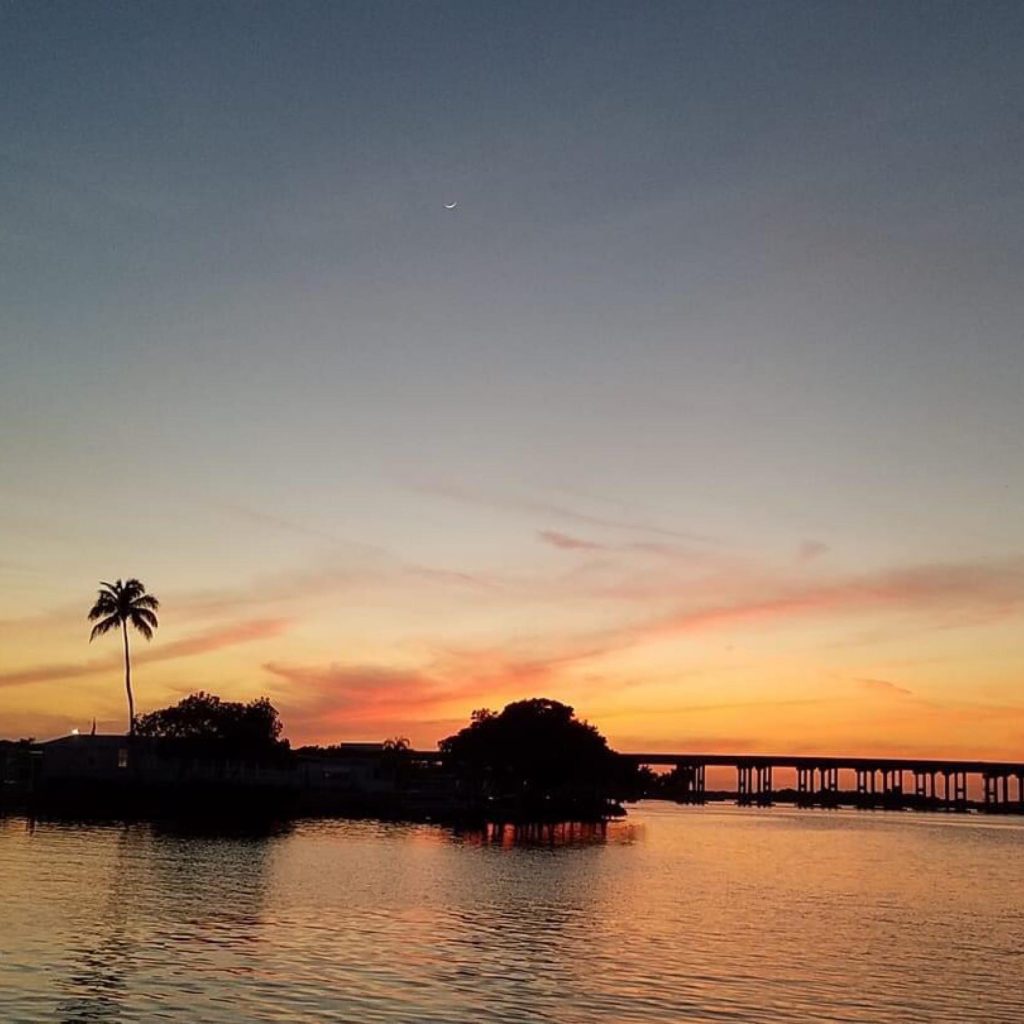
When it comes to dream living in the Sunshine State, few things compare to the charm and serenity of waterfront manufactured homes in Florida. These homes blend the beauty of coastal living with affordability, design flexibility, and lower maintenance demands, offering a lifestyle that’s as relaxed as the ocean breeze.
But there’s more to these homes than just their stunning views. From specialized design considerations and permitting rules to lifestyle enhancements that maximize outdoor enjoyment, waterfront manufactured homes in Florida are truly a unique category. Let’s explore what makes them stand out.
Design Features of Waterfront Manufactured Homes in Florida
Manufactured homes designed for waterfront placement in Florida are more than just homes—they’re engineered solutions for the state’s unique climate and terrain. These designs embrace safety, longevity, and aesthetics, ensuring that the structure is as beautiful and functional as its location.
Elevated Foundations and Flood Zones
One of the most critical factors in waterfront home design is flood risk. Because Florida is prone to seasonal storms, homes located near bodies of water or in a flood zone must be elevated to meet FEMA and local floodplain requirements.
Manufactured homes on waterfront lots are typically placed on elevated foundations such as stilts, pilings, or stem walls, especially in designated flood zones. These raised platforms protect the home from storm surges and flooding while creating opportunities for under-home storage, parking, or shaded recreational areas. (Depending on height)
Coastal Construction Material Upgrades
When necessary, we use materials that can withstand the corrosive environment, such as:
- Stainless steel fasteners and hurricane-rated tie-downs to secure the structure against high winds and salt spray.
- Pressure-treated lumber and composite decking that resists rot and warping in humid, salty air.
- Impact-resistant windows and doors that are built to resist flying debris during tropical storms or hurricanes.
These materials not only prolong the life of the home but also ensure it retains its aesthetic appeal for years to come, which is critical when the water view is the main attraction.
Outdoor Living Spaces and Water Access
Designing for Florida’s outdoor lifestyle is essential, especially when your backyard is a lake, river, canal, or bay. Waterfront manufactured homes often feature porches or screened lanais that provide the perfect vantage point for sunsets, manatee watching, or morning coffee.
By blurring the line between indoor and outdoor living, these homes allow residents to enjoy the full beauty of Florida’s natural environment year-round.
Permitting Requirements for Waterfront Manufactured Homes in Florida
One of the most distinctive aspects of placing a manufactured home near water in Florida is the permitting process. Unlike traditional landlocked lots, waterfront locations require additional scrutiny to ensure safety, environmental protection, and compliance with state and federal guidelines.
Floodplain and Coastal Zone Regulations
Before you even place a home, we’ll need to determine your property’s flood zone classification. In Florida, the Florida Building Code (FBC) and local jurisdictions enforce strict guidelines for homes in high-risk flood areas.
Permits must account for:
- Base flood elevation (BFE) requirements
- Anchoring systems capable of withstanding water and wind forces
- V-zone (velocity zone) design if the property faces open water with wave action
- Limits on-site alterations to avoid increasing flood risks for neighboring properties
Working with a team that understands these requirements is critical. Improper elevation or documentation can delay approvals or lead to costly future modifications.
Environmental and Water Management Oversight
Many waterfront lots are subject to oversight by agencies such as:
- Florida Department of Environmental Protection (FDEP)
- Local Water Management Districts
- U.S. Army Corps of Engineers (for navigable waters)
These agencies may require assessments of:
- Wetland impacts
- Shoreline stabilization
- Stormwater management
If your lot contains mangroves, wetlands, or endangered species habitats, additional permitting layers may apply. This is why choosing an experienced manufactured home provider is so important—they’ll ensure your plans are both beautiful and compliant.
Local Zoning and Setback Standards
Each municipality has unique zoning laws dictating:
- Minimum lot size and setbacks
- Maximum home footprint or square footage
- Accessory structure limits (e.g., sheds or decks)
Coastal and waterfront zones often have stricter standards to preserve community aesthetics and prevent erosion. You’ll want to work with a home provider who can navigate these nuances and secure all necessary local approvals before breaking ground.
Lifestyle Benefits of Waterfront Manufactured Homes in Florida
Beyond the engineering and legalities, what truly sets these homes apart is the lifestyle they provide. Whether you’re a retiree seeking tranquility, a weekend warrior with a boat, or a family wanting to embrace coastal life, Florida’s waterfront manufactured homes offer unmatched perks.
Year-Round Recreation and Relaxation
Waterfront living means instant access to your favorite activities:
- Fishing, boating, kayaking, or paddleboarding steps from your back door
- Birdwatching and wildlife viewing in natural aquatic habitats
- Sunset cocktails or morning yoga on your deck or dock
With warm weather nearly all year, your outdoor space becomes an extension of your living area. Add in a screened lanai, and you’ve got the perfect spot to relax, free of bugs and humidity.
Scenic Views That Never Get Old
There’s something magical about living by the water. Whether it’s a glimmering sunrise over the Gulf, a heron wading in the canal, or the gentle rhythm of a lake lapping at your dock, waterfront views offer a calming, almost therapeutic effect.
Thanks to strategic siting, oversized windows, and open-concept layouts, manufactured homes can be positioned and customized to maximize these views. Floor plans can be reversed, tweaked, or expanded to ensure your main living areas and master suites soak in the scenery.
Community and Security Perks
Many waterfront manufactured homes are located in land-lease or resident-owned communities with additional amenities and benefits, such as:
- Private marinas or boat launches
- Clubhouses, pools, and social events
- Gated entries and on-site management
- HOA services for landscaping and upkeep
These communities offer not just convenience and peace of mind but also a built-in social network—ideal for seasonal snowbirds or full-time residents looking to connect with neighbors who share their love for the water.
Why Choose LeeCorp Homes for Your Waterfront Manufactured Home?
If you’re considering a waterfront manufactured home in Southwest Florida, LeeCorp Homes is ready to help.
A family-owned business founded in 1983, LeeCorp Homes is deeply rooted in the local community and known for its commitment to craftsmanship, honesty, and personal service. We understand that a home is more than just a structure—it’s a reflection of your lifestyle, values, and dreams.
Whether you’re envisioning a quaint single-wide nestled on a fishing canal or a spacious three-bedroom stilt home with sweeping bay views, we can bring your ideas to life.
Here’s what makes LeeCorp Homes your best partner in coastal living:
Full-Service Site Development
Installing a manufactured home on your own property? We take care of everything. Our services include:
- Lot grading and preparation
- Well and septic system installation
- Driveways, utility hookups, and landscaping
- Permitting coordination and inspections
From the initial site visit to the final walk-through, we manage every step to ensure your home is safely and beautifully situated.
Customization and Compliance Expertise
Every LeeCorp home is designed to meet Florida’s stringent coastal building codes, with upgrade options for impact windows, reinforced foundations, and energy-efficient materials.
Want your deck aligned with sunset views or your bedroom facing the lake? No problem. Our team works with you to optimize your floor plan and placement.
End-to-End Homebuilding Experience
We don’t just sell you a home—we deliver a full-service experience. Our transparent pricing includes:
- Quality homes from trusted manufacturers
- Installation of carports, garages, screen rooms, and storage sheds
If you’re upgrading an existing manufactured home, we also specialize in replacement homes—bringing your site up to modern standards and giving you the refreshed look and performance you deserve.
Ready to Live the Waterfront Lifestyle?
There’s nothing quite like waking up to water views, casting a line before breakfast, or enjoying a breezy sunset from your dock. With the right design, the right partner, and the right location, a waterfront manufactured home in Florida can deliver all that and more, without the high price tag of traditional site-built coastal homes.
If you’re ready to explore your options, LeeCorp Homes is here to help.
Contact us today to start planning your dream home. Whether you’re downsizing, retiring, or relocating, our team will guide you through every step—from permits and site prep to design and delivery. Let’s make your vision of waterfront living a reality.
